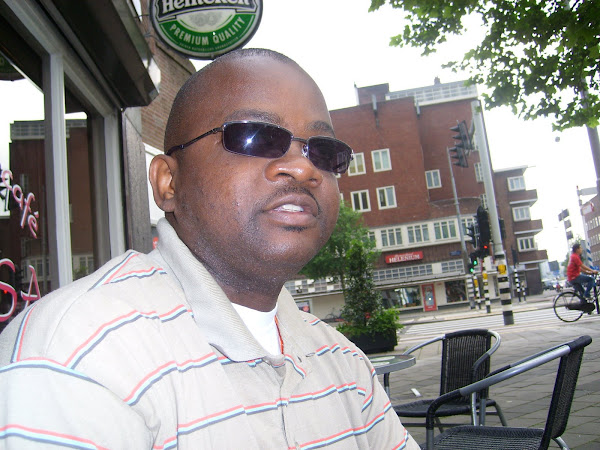The United Nations Educational, Scientific and Cultural Organisation (Unesco) has commended President Jakaya Kikwete and the Government for the improvements registered by the education sector in Tanzania.
The compliments were contained in remarks made here yesterday by the President of the 34th session of the UN agency�s general conference, Georges Anastasspoulos, when he invited President Kikwete to address the session at the Unesco headquarters.
�Tanzania has been improving its education sector and for
that Unesco recognises your efforts and we commend you,� he said, adding that the agency would continue to support the Government�s efforts to further enable the sector to offer education that would see the country make encouraging headway in science and technology.
Tanzania joined Unesco immediately after independence
in late 1961, a development that Anastasspoulos said showed how the country was determined to fight ignorance right from the beginning.
Tanzania has since made primary education compulsory as part of a strategy seeking to enable all school-going children to get primary education.
Enrolment in primary schools has now reached 97 per cent, while the government has started implementing a special programme to establish secondary schools in every ward to enable all those passing their standard seven examinations to pursue secondary school education.
In his address, President Kikwete admitted that Unesco had greatly supported the country�s efforts in improving education but more such assistance was still required and would be solicited.
He said despite the achievements made, the sector is still facing a number of challenges in attaining the necessary quality education.
He gave the challenges as including shortages of teachers, housing for teachers and teaching materials and equipment.
The president explained that the thrust of the Government`s initiatives in the sector was on ensuring that the country produces many science experts.
He said it was only an enlightened society that would benefit the most from the era of science and technology and that was why Tanzania was taking the issue of education seriously.
Part of the proof that his Government was very serious about education was the fact that the budget for education was doubled this year and would be increased each year from now on, he told the conference.
President Kikwete also commended Unesco for supporting the establishment of the Zanzibar State University and the
Open University of Tanzania, expressing the hope that the agency would go a step further and support the newly set up Dodoma University.
Turning to the cultural sector, he said the Government supported the Unesco-funded project of tracing the slave trade route from the Africa�s Great Lakes region and all the way to Zanzibar.
The project is meant to document and preserve the history and important relics of the eastern Africa slave trade.
�Slavery is a sad shameful chapter in our history but it is a matter which we have to document to preserve. In fact it is long overdue,� he said.
On Sunday President Kikwete addressed an Inter-Religious Conference for Peace in Naples, Italy, calling on religious leaders to stand for peace for the good of humanity.
Religion could be invoked to assist nations and the people to avoid conflict where possible, he observed.
The President said although conflict has not spared any continent, Africa has had an unfair share of violent conflicts in the last four decades.
He told the Naples conference, whose theme was �A World Without Violence - Faiths and Cultures in Dialogue�, that millions of people have been killed, many more suffered irreparable damage and a lot of property was destroyed.
President Kikwete explained that some conflicts are a direct result of denial of basic rights to citizens and others are a result of disparities within societies with regard to economic opportunities and access to basic social and economic services.
At the international level, he said, some conflicts are simply an outcome of deliberate policies and actions by some nations to disregard international norms and standards guiding relations among nations.
Observed that poverty was another source of conflict, he blamed the international trading and financial system for the poverty in developing nations.
``It works better for rich nations by making them richer and poor nations poorer. As differences between rich and poor continue to increase globally and locally within nations, stability and peace lose out,`` he added.
Lorella Cuccarini, who chaired the chairperson conference�s plenary session, said conflicts would only be overcome if people learnt to live together and respected other people�s cultures and religions.
The Archbishop of Naples, Crescenzio Sepe, told the conference that there was a need for humankind to forge strong links between peace and prayers and called on the people to strive to create a violence-free world.
Meanwhile, Italian Prime Minister Romano Prodi said his
Government would continue to support the peace process in Africa to help the world rid itself of violence.
He said his Government would work hand in hand with the United Nations and the African Union in supporting peace initiatives in Africa`s Great Lakes region and elsewhere.
President Kikwete winds up his official tour to Italy and France today.

No comments:
Post a Comment